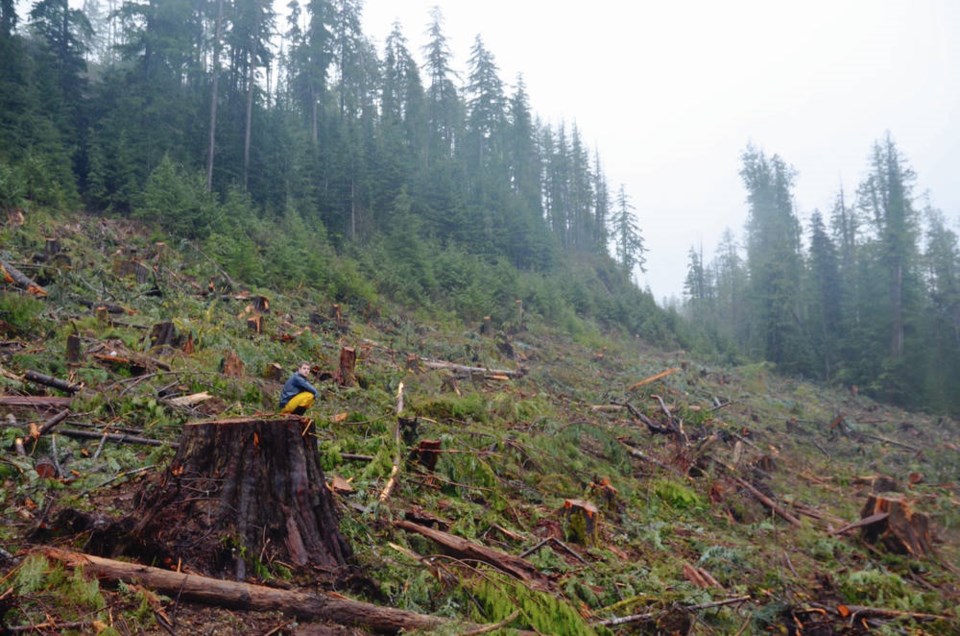Too often, politics is focused on the short term. We see it everywhere: Support for clear-cutting the last stands of old-growth forest, fishing to the last fish, maintaining and even expanding the fossil-fuel industry ŌĆö the list goes on. Only when it is almost too late do we act ŌĆö and not always even then.
The reason is not hard to find: The future doesnŌĆÖt vote, nor does it fund campaigns or provide jobs for todayŌĆÖs voters. So we ┬Łdiscount the future, ignore the needs of the next generations, and largely carry on with an occasionally modified form of ŌĆ£business as usual.ŌĆØ
But in a world where our ecological ┬Łsystems are under threat by a combination of population and economic growth, rising expectations and the widespread ┬Łdeployment of our powerful technologies, such an approach is a threat to our entire society and especially to our descendants.
We should recall that sustainable ┬Łdevelopment was defined by the Brundtland Commission in 1987 as ŌĆ£development that meets the needs of the present without ┬Łcompromising the ability of future generations to meet their own needs.ŌĆØ
So we need to change the way democracy and governance works. At the very least, we need to value future generations as much as we do the current generations, and perhaps even more, since they are not here to speak for themselves. And we certainly should pay attention to young people, whose future we are deciding upon.
Enter Graham Smith, professor of politics at the University of Westminster in Britain, where he is director of the Centre for the Study of Democracy; he also is chair of the Foundation for Democracy and Sustainable Development. So these are issues he thinks about a lot, and writes about in his book Can Democracy Safeguard the Future?, released this month. He looks at three areas that we would be wise to consider.
First, he argues for re-shaping ┬Łlegislatures and constitutions; second, he proposes bringing an independent voice to decision-making by ŌĆ£strengthening ┬Łindependent offices whose overarching goals do not change at every electionŌĆØ; third, he focuses on participatory democracy, an area of particular interest for him.
What might all this mean here?
Well, one place to start would be to change the Canadian Constitution both to recognize that people have a right to a healthy ┬Łenvironment and that nature has rights. Achieving the first is the target of the David Suzuki FoundationŌĆÖs Blue Dot campaign. As to the second, we can look to Aotearoa, New Zealand, where both a river and a region have been recognized as having rights.
Both these areas are also the focus of the work of Dr. David Boyd, the sa╣·╝╩┤½├Į-based UN special rapporteur on human rights and the environment, another source of knowledge and inspiration.
Turning to independent officers, this is not a new model. We have had auditors general for decades, whose reports on the governmentŌĆÖs finances are tabled with the legislature. Here in sa╣·╝╩┤½├Į we also have the representative for children and youth and the sa╣·╝╩┤½├Į seniors advocate, while federally there is a commissioner of the environment and sustainable development, although appointed, oddly, by the auditor general.
But why is independent reporting on ┬Łpublic finances more important than ┬Łindependent reporting on what should be our main concern ŌĆö the achievement of high levels of health, well-being and human ┬Łdevelopment in a way that is socially just and ecologically sustainable? ItŌĆÖs time for a separate and equal-ranking well-being ┬Łauditor general, both at the federal and ┬Łprovincial levels.
Such a position could well incorporate a related function, for which a model already exists in Wales: The well-being for future generations commissioner. Backed by the Well-being of Future Generations Act, the commissionerŌĆÖs duties are ŌĆ£to promote the sustainable development principle, and act as a guardian of the ability for future generations in Wales to meet their needs, encouraging public bodies to think about the long-term impact of what they do.ŌĆØ
The third part of Graham SmithŌĆÖs ┬Łproposed approach is a futures-oriented participatory democracy. It, too, is not a new idea; Alvin Toffler discussed ŌĆ£anticipatory democracyŌĆØ in his 1970 book Future Shock. I believe it is well suited to local action, and I will address it in my next column.
Dr. Trevor Hancock is a retired professor and senior scholar at the University of ┬ŁVictoriaŌĆÖs School of Public Health and Social Policy.



